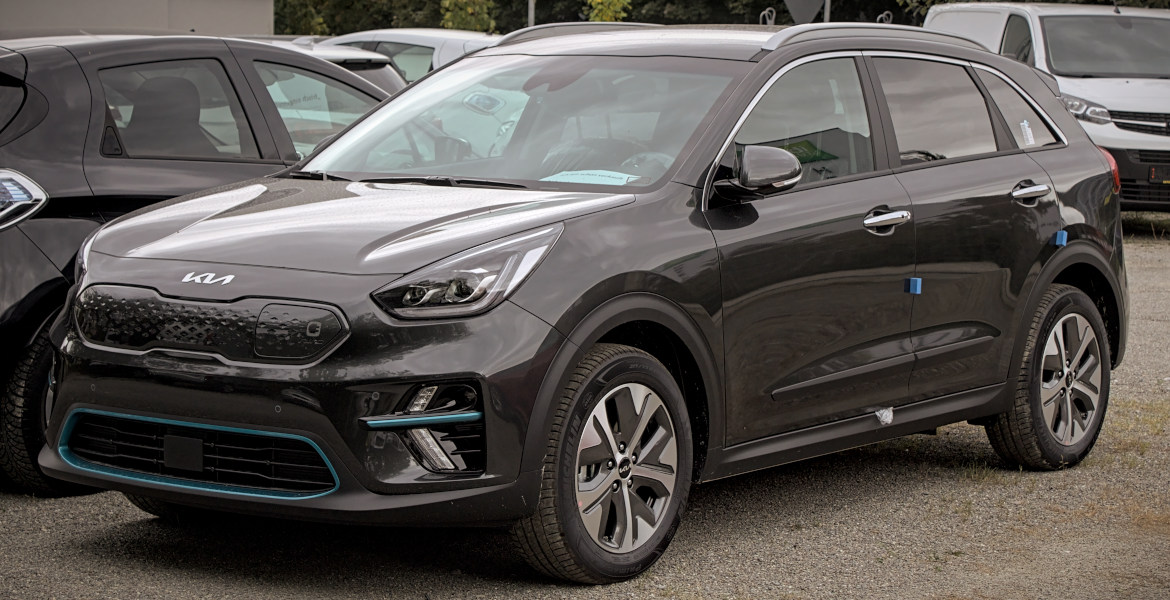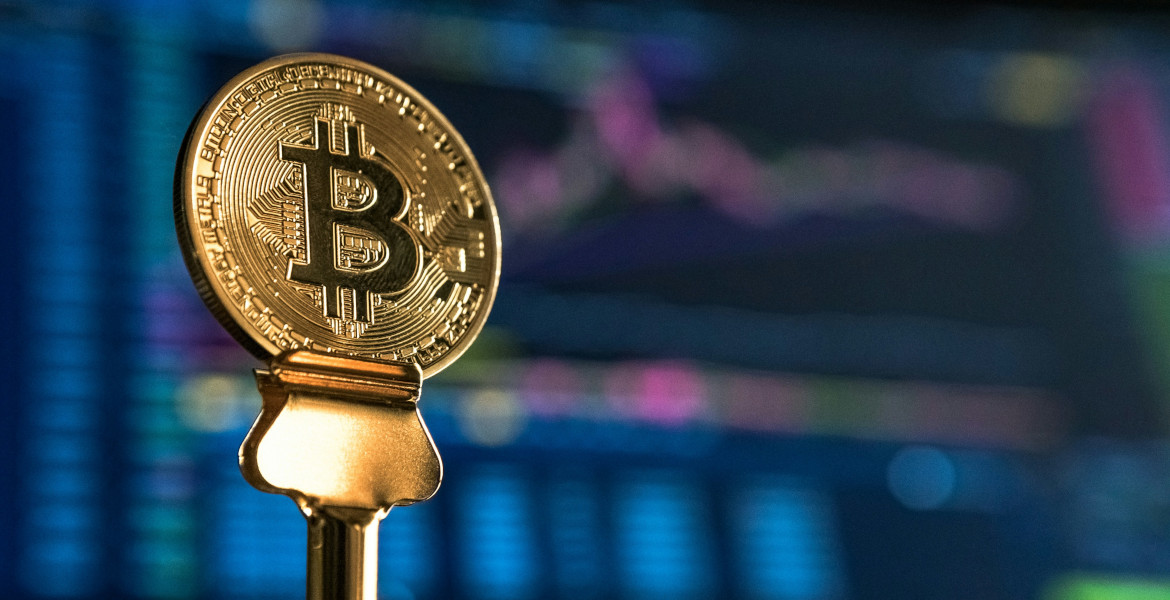Nearly one in five Swedes feel anxiety because of their finances, according to a new report. Among young people, this applies to as many as one in three, according to the report Pengakollen: A Sustainable Everyday Economy, conducted by Kantar Public on behalf of the ICA Bank.
In the study, 1,001 Swedes aged 18-79 were interviewed between September 6-11, 2023. It revealed that 17 percent experience anxiety about their finances several times a month, feeling they have spent too much money and lived beyond their means. Among those aged 18-29, this figure stands at 34 percent.
– The fact that so many, especially the young, feel bad about their finances speaks volumes about the economic situation. If you consume beyond your limits and experience financial anxiety because of it, you need to review your priorities, says Magnus Hjelmér, household economist at ICA Bank, in a press release.
Furthermore, more than one in ten Swedes repeatedly use their savings to cover ongoing household expenses. Young people do this more frequently, with one in five aged 18–29 stating that they dip into their savings at least once a month. 28 percent say they can set aside money at the end of the month, while 15 percent claim they have no savings habits at all.
Among Swedes in relationships, 43 percent say they would not be able to maintain their current lifestyle if the relationship ended at the moment. About one in three Swedes are concerned about rising housing costs over the next six months. When it comes to buying second-hand clothes or giving used gifts to others, 20 percent and 22 percent respectively state they wouldn’t be able to do so.
– The reality we find ourselves in now demands that we make smart and long-term financial decisions, regardless of age, notes Hjelmér.








